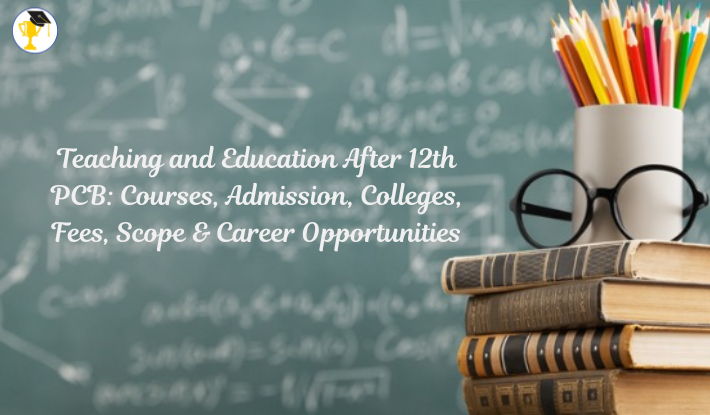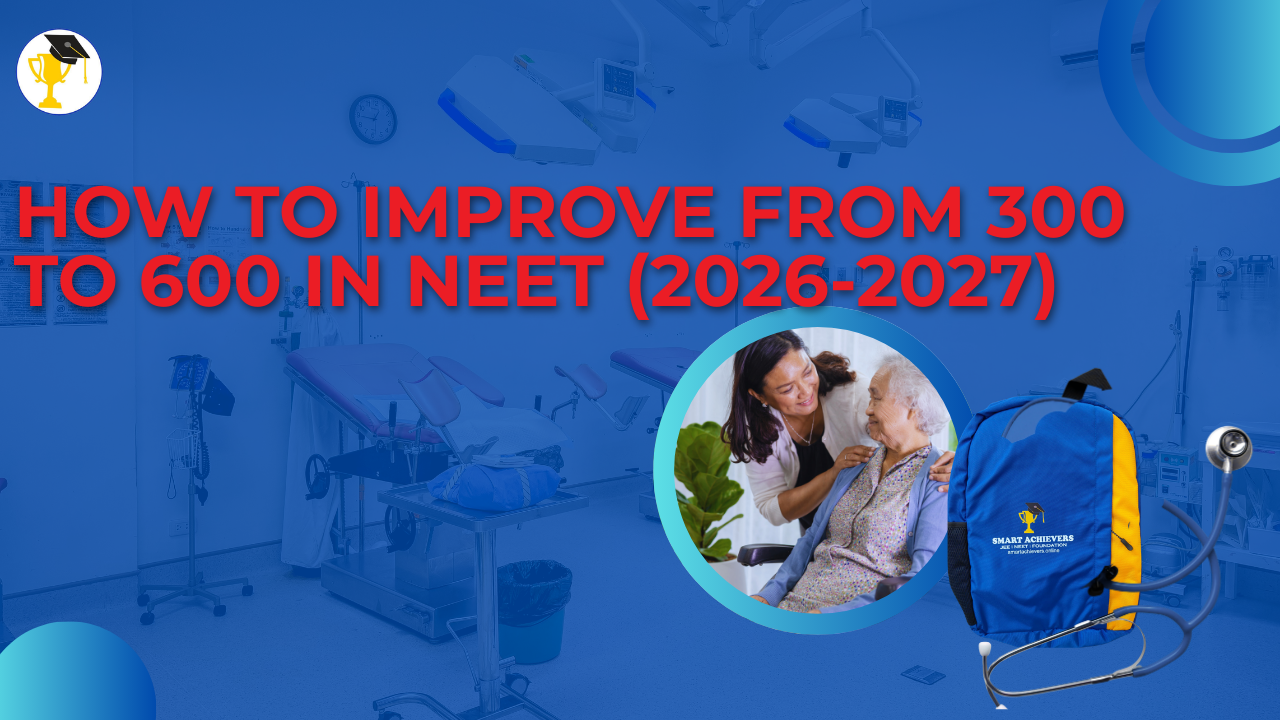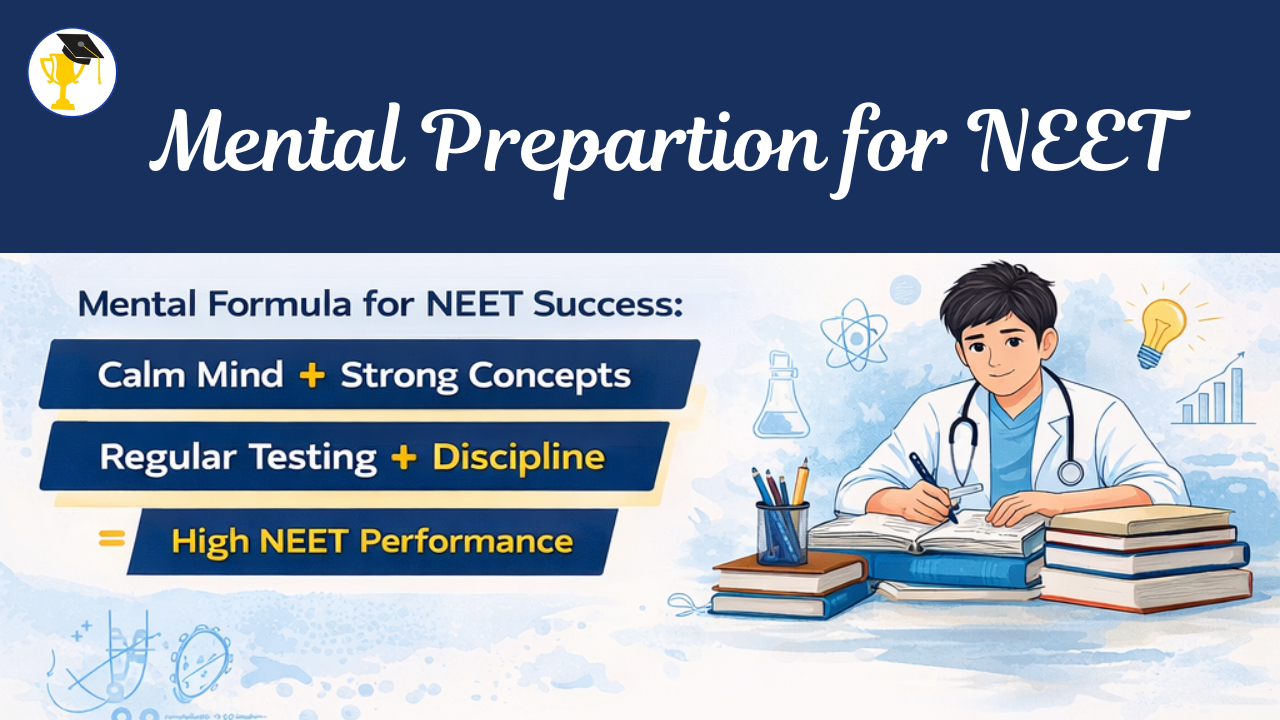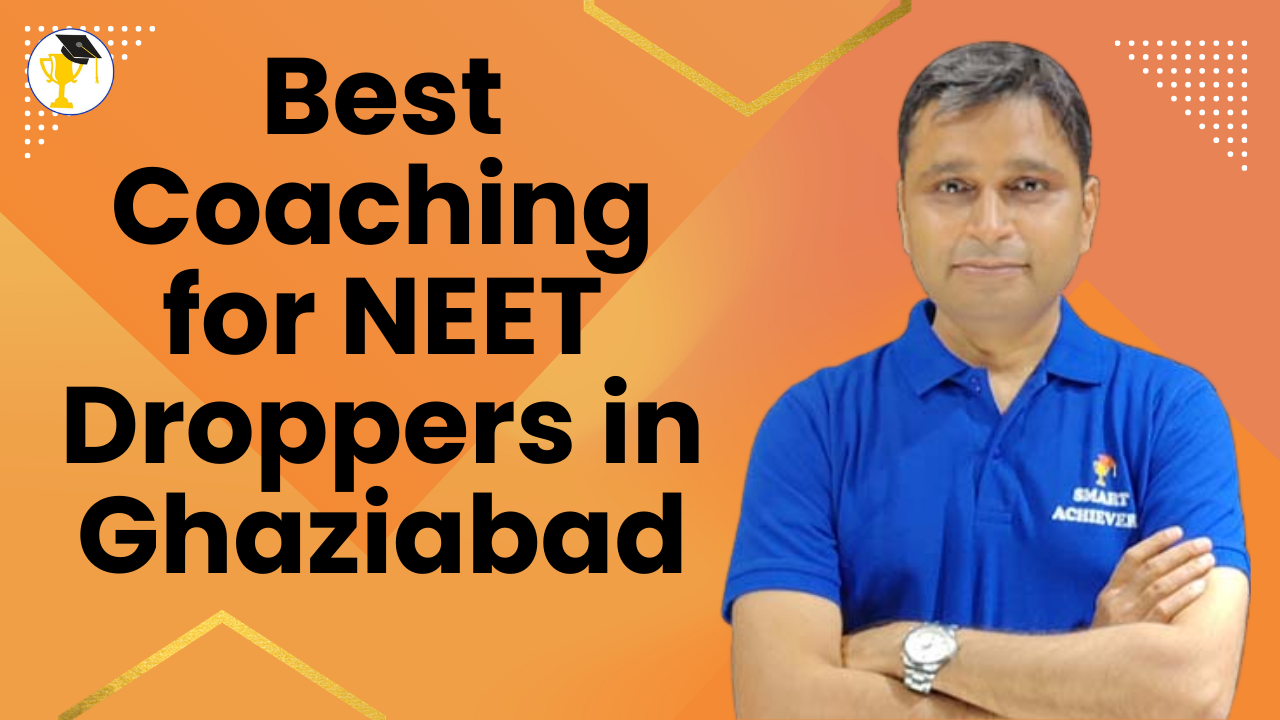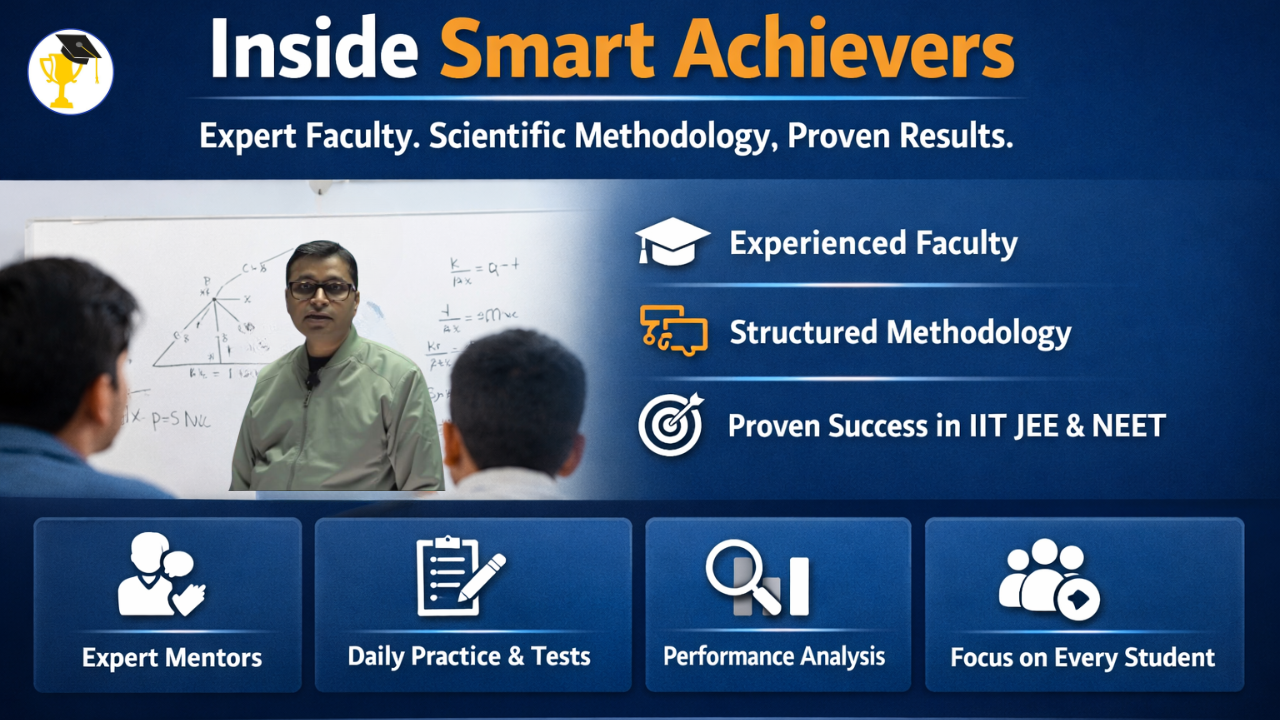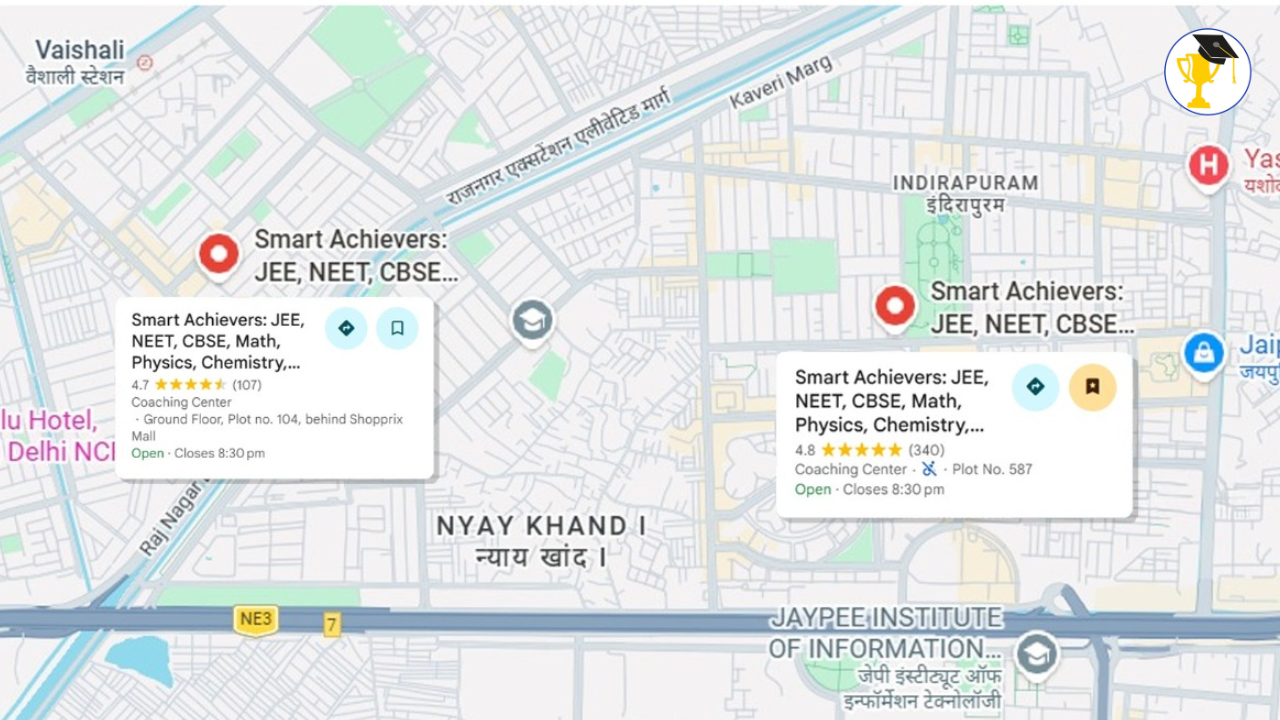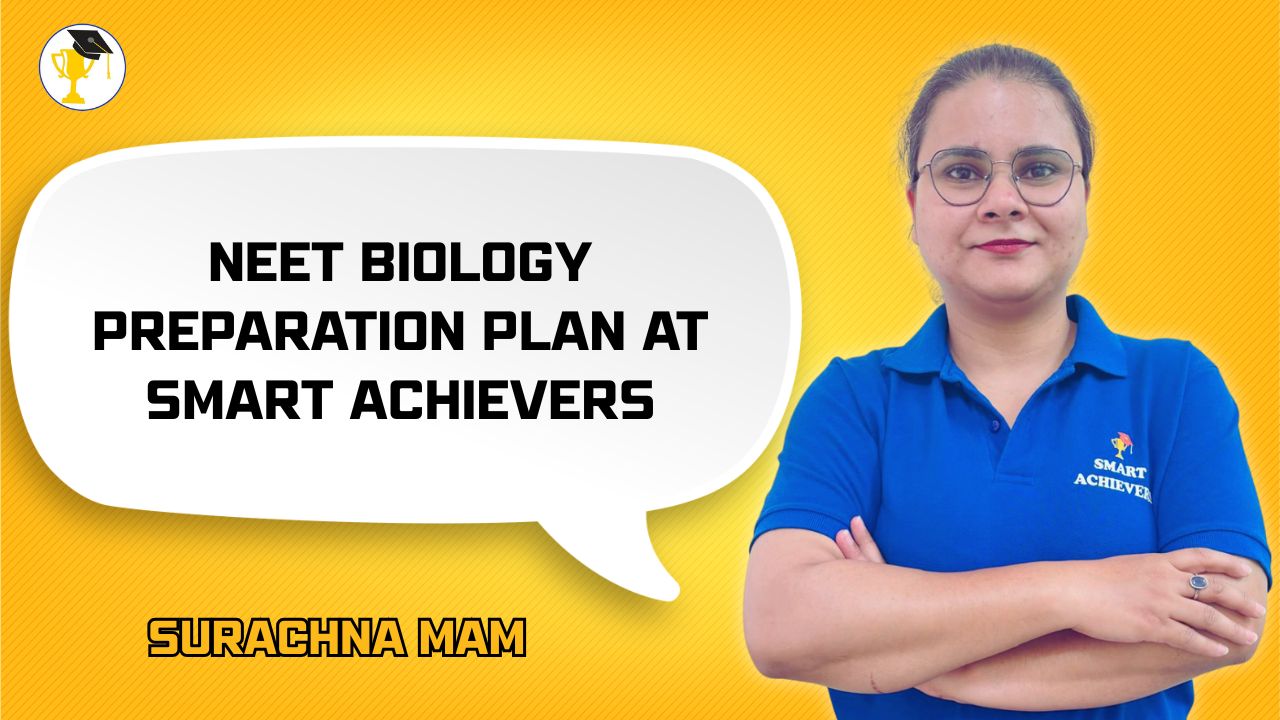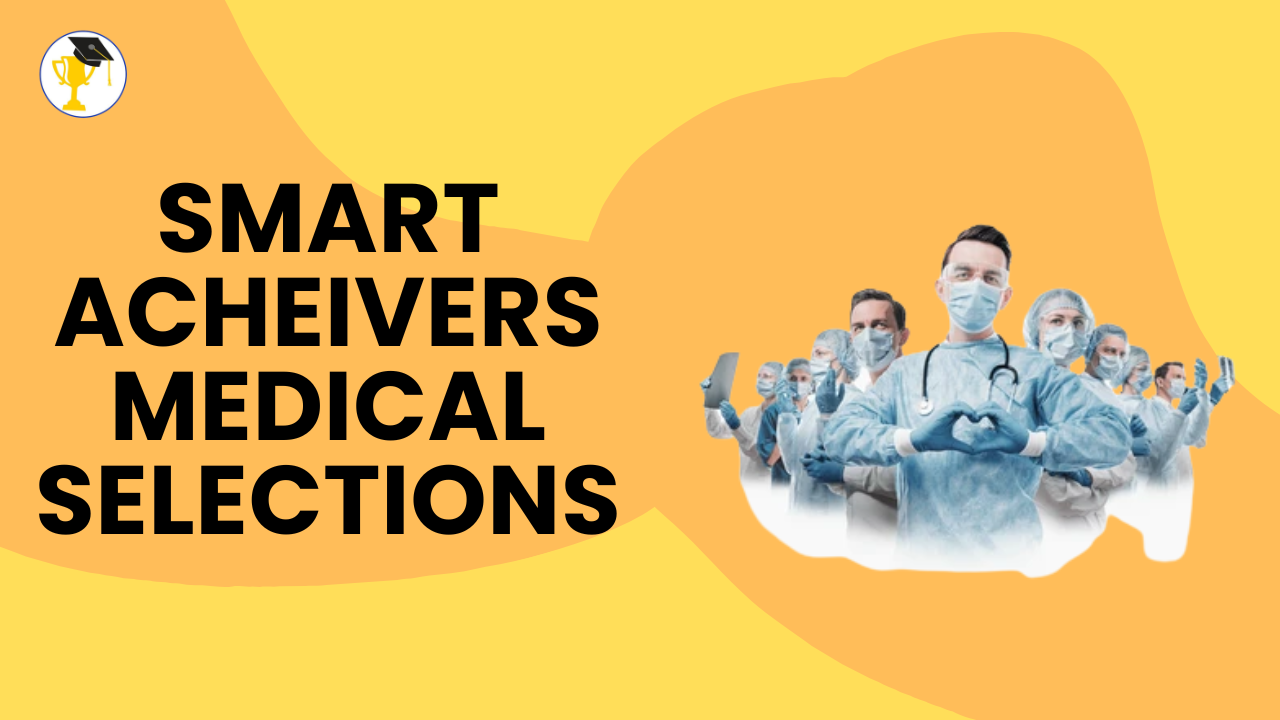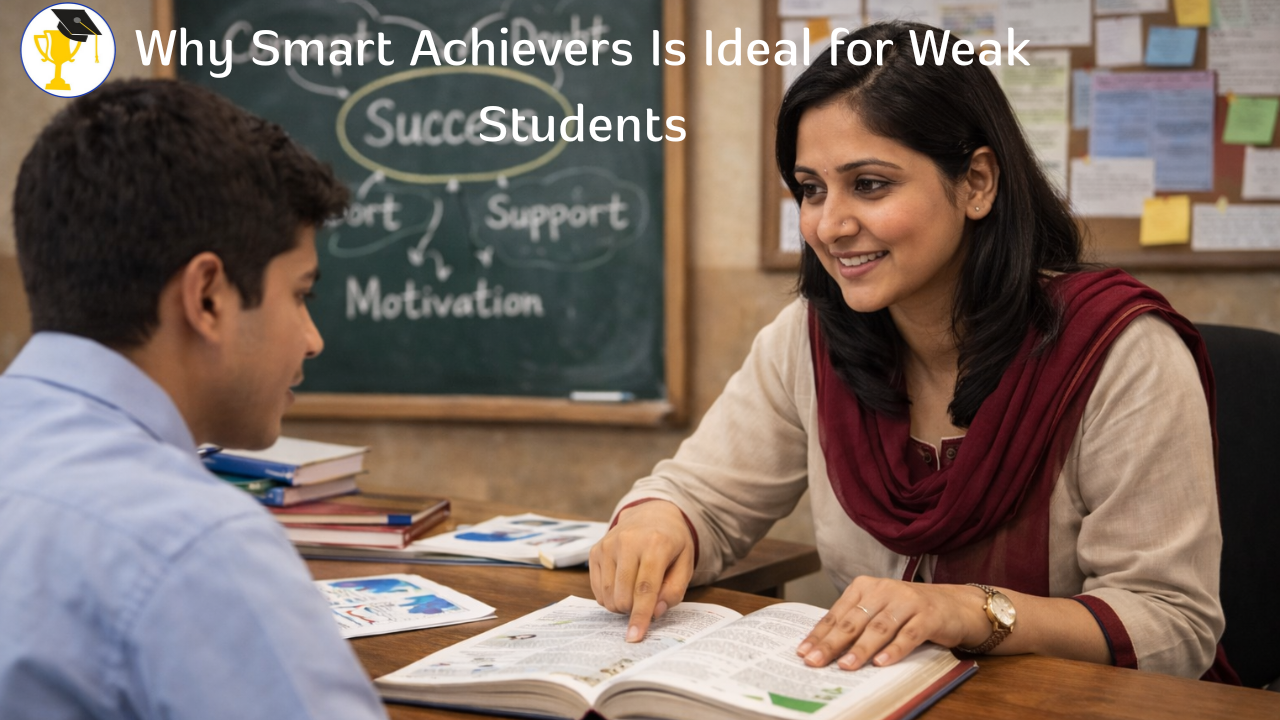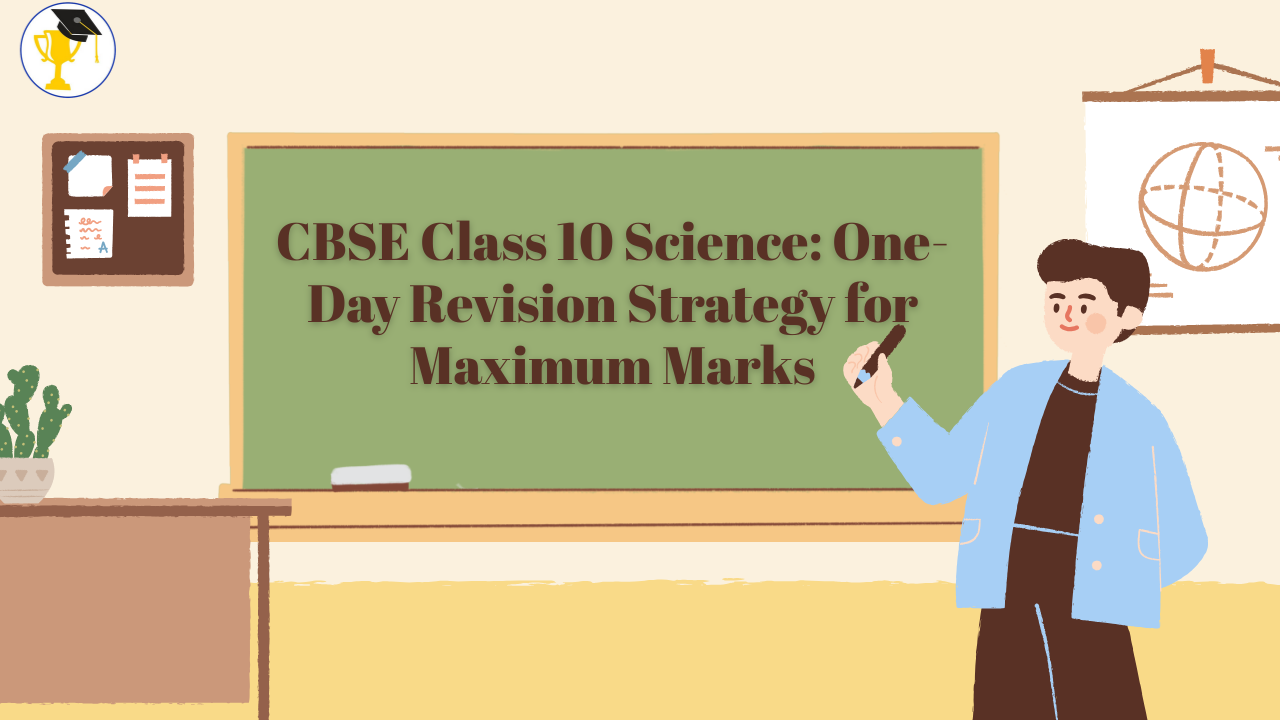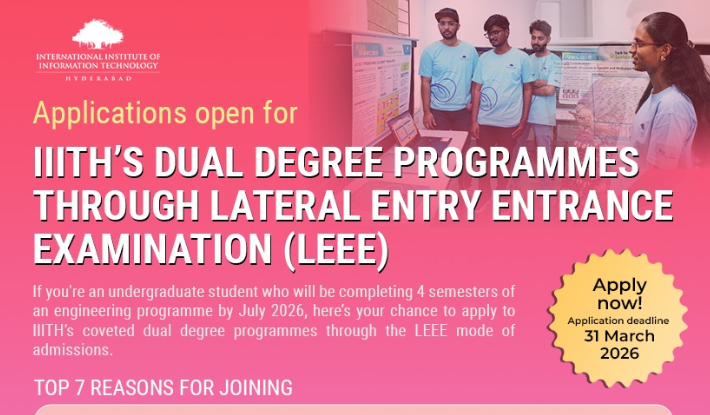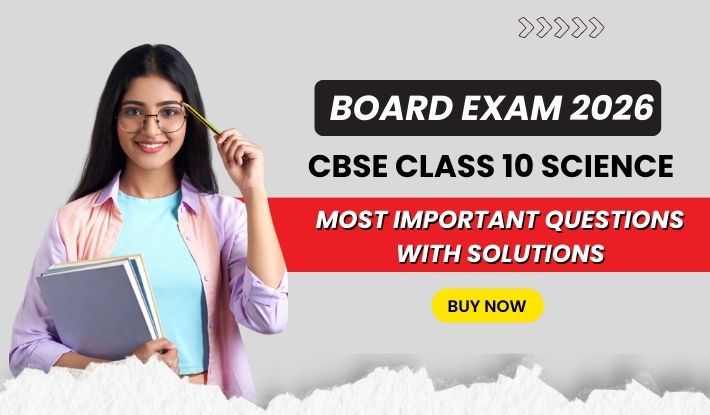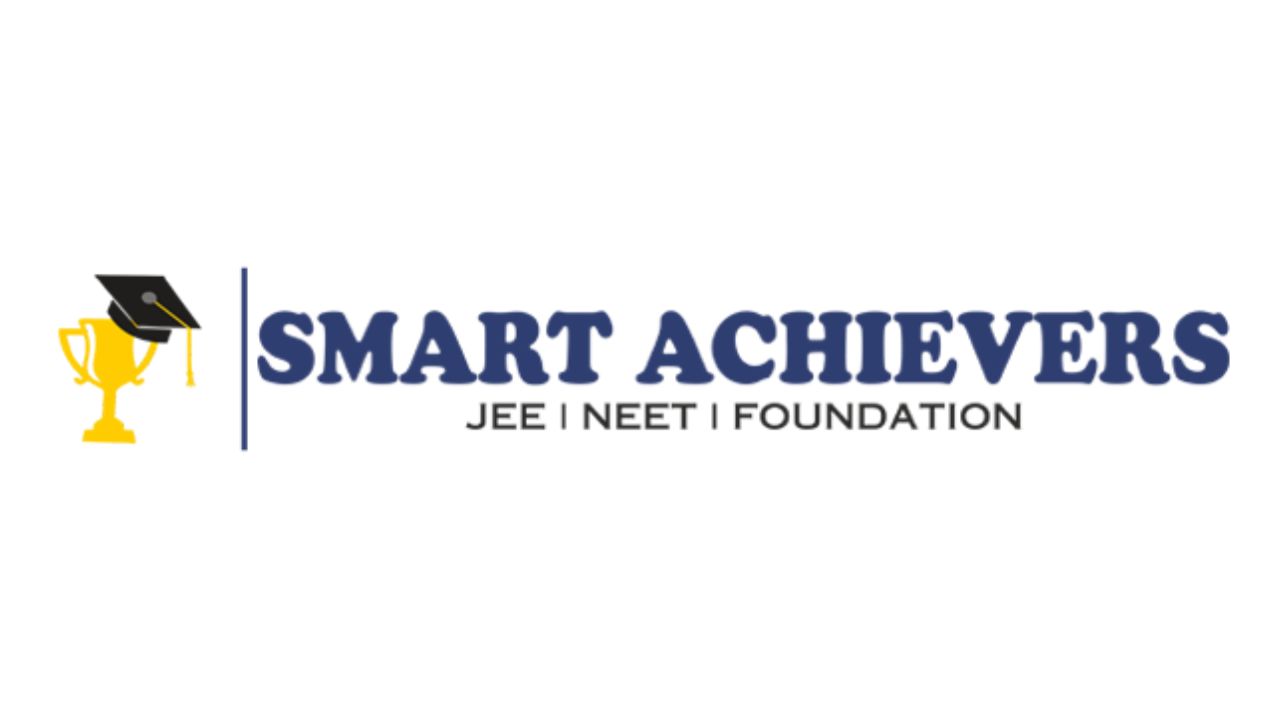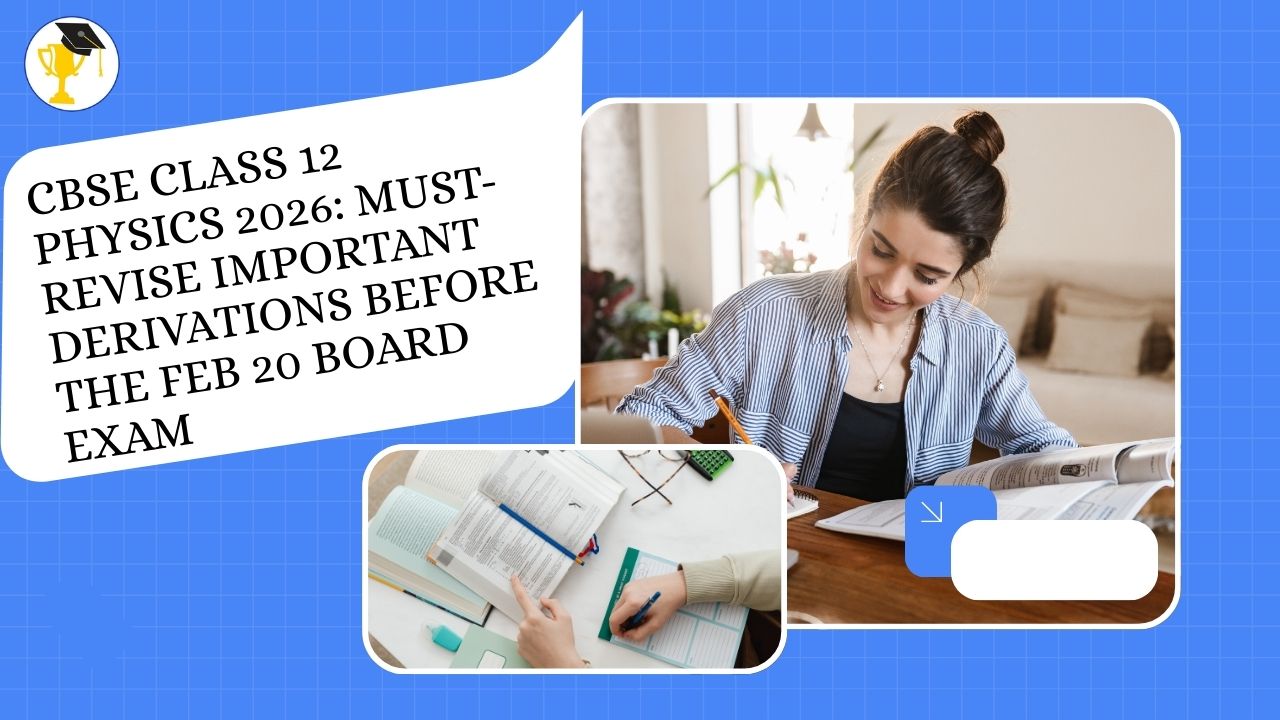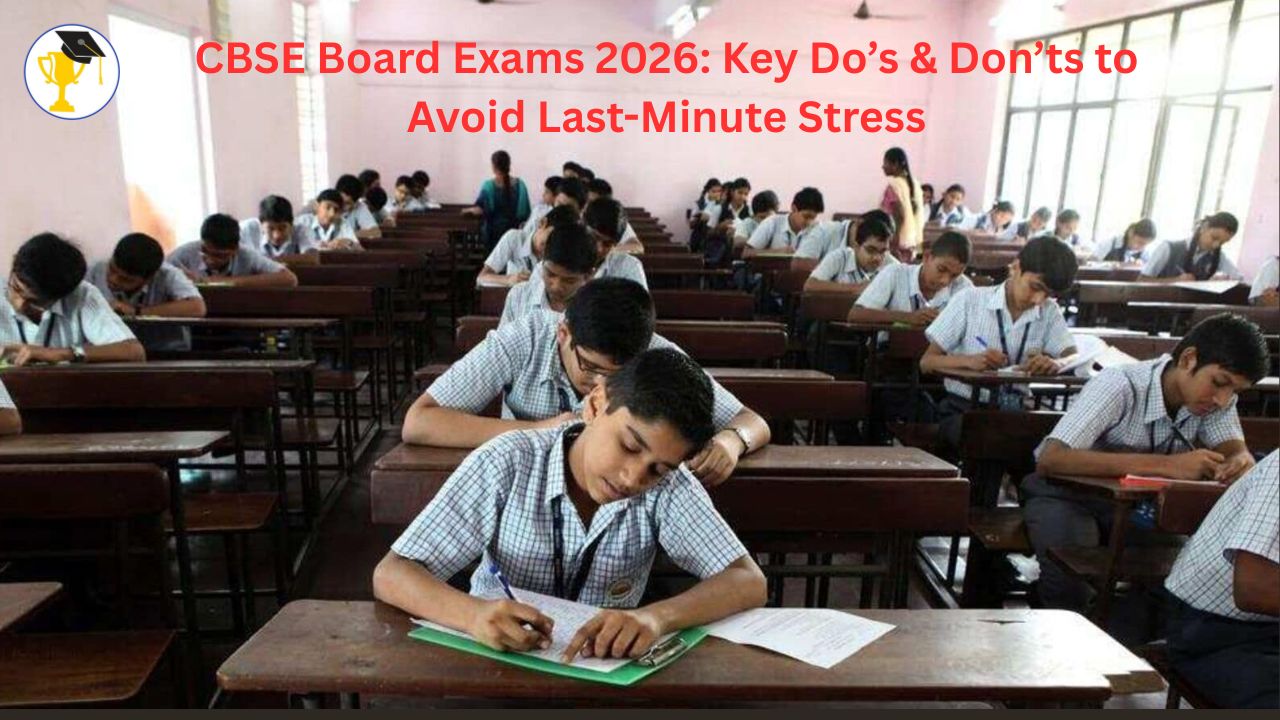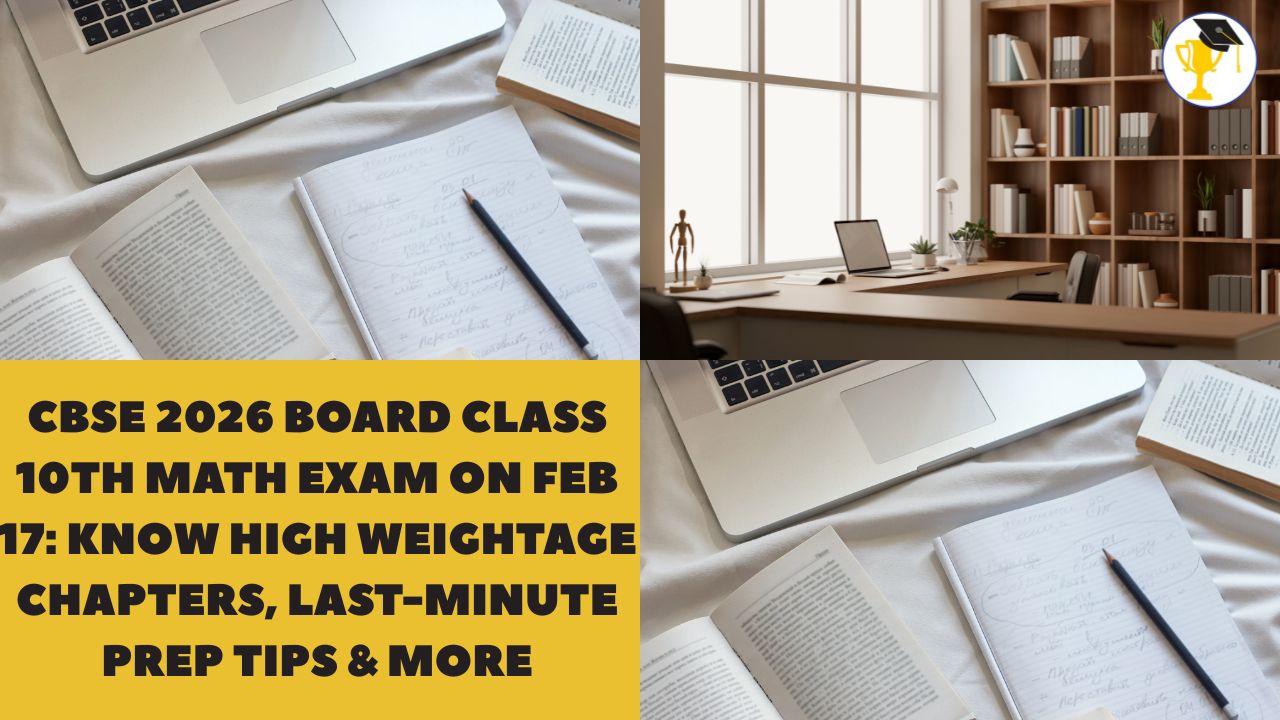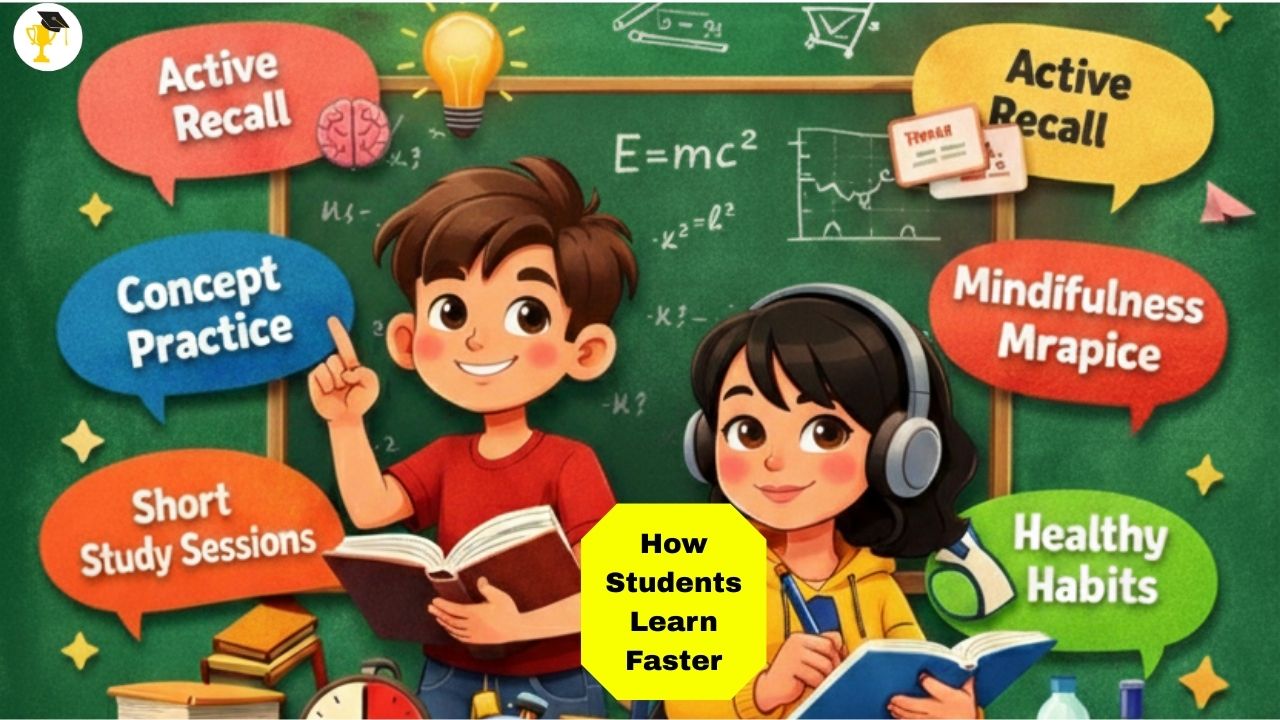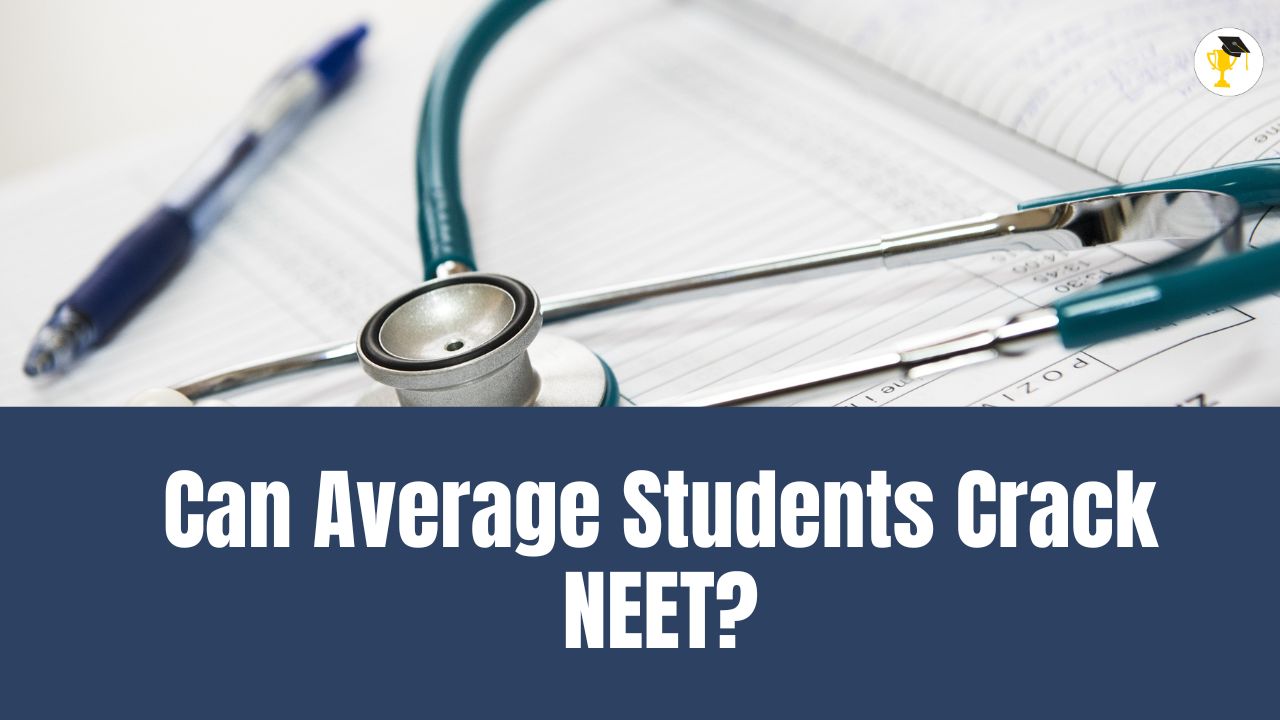Teaching and Education After 12th PCB: Courses, Admission, Colleges, Fees, Scope & Career Opportunities
Teaching is one of the noblest and most respected professions in the world — shaping young minds and building the future of society.
If you are a 12th PCB student with a passion for learning, guiding others, and making a difference in people’s lives, then Teaching and Education can be an incredibly fulfilling career path.
With the right qualifications and training, you can become a teacher, lecturer, education counselor, or academic researcher — in India or abroad.
Why Choose Teaching and Education After 12th PCB?
Teaching is not limited to arts or commerce backgrounds — science students have a huge advantage in becoming subject experts in biology, chemistry, physics, or even environmental science.
As education becomes more technology-driven and research-oriented, there’s an increasing demand for qualified science educators, researchers, and education technologists.
Key Benefits:
- Highly respected and stable profession
- Opportunities in schools, colleges, and online education platforms
- Flexible career options (teaching, counseling, research, administration)
- High demand for STEM educators worldwide
- Emotional satisfaction and lifelong learning
Courses to Pursue Teaching and Education After 12th PCB
After completing 12th Science, students can choose from various degrees and diplomas depending on the level of teaching they wish to pursue.
| Course Name |
Duration |
Type |
| B.Sc. + B.Ed. (Integrated) |
4 years |
Undergraduate |
| B.Ed. (Bachelor of Education) |
2 years (after graduation) |
Professional |
| B.A. / B.Sc. in Education |
3 years |
Undergraduate |
| Diploma in Elementary Education (D.El.Ed.) |
2 years |
Diploma |
| M.Ed. (Master of Education) |
2 years |
Postgraduate |
| Ph.D. in Education |
3–5 years |
Doctorate |
| Specialized Courses |
Varies |
Montessori, Special Education, TESOL |
If you plan to teach science subjects, pursuing a B.Sc. + B.Ed. integrated program is an excellent start.
Eligibility Criteria
-
Qualification: 10+2 with Science (PCB / PCM)
-
Minimum Marks: 50–60% aggregate
-
Age Limit: Minimum 17 years
-
Entrance Exams:
-
CUET (UG) – for central universities
-
DU B.El.Ed. Entrance – Delhi University
-
BHU UET / JMI Entrance – for B.Ed. and integrated courses
-
State-level B.Ed. exams – Maharashtra, UP, Rajasthan, Tamil Nadu, etc.
Some private universities offer direct admission based on merit.
Top Colleges in India for Teaching and Education
Government & Central Universities
| College |
Location |
| Delhi University (Lady Irwin College, Miranda House) |
New Delhi |
| Banaras Hindu University (BHU) |
Varanasi |
| Jamia Millia Islamia |
Delhi |
| Tata Institute of Social Sciences (TISS) |
Mumbai |
| Regional Institutes of Education (RIE – NCERT) |
Bhopal, Mysore, Bhubaneswar, Shillong |
| University of Calcutta |
Kolkata |
| University of Mumbai |
Mumbai |
Private Universities
| College |
Location |
| Amity Institute of Education |
Noida |
| Lovely Professional University (LPU) |
Punjab |
| Christ University |
Bangalore |
| SRM Institute of Education |
Chennai |
| Symbiosis School of Liberal Arts |
Pune |
| Chandigarh University |
Mohali |
Fee Structure
| Type of Institution |
Annual Fee Range (INR) |
| Government Colleges |
15,000 – 60,000 |
| Private Colleges |
80,000 – 2,00,000 |
Scholarships are offered by NCERT, UGC, and State Education Boards for teacher training and merit-based students.
Subjects & Curriculum Overview
The Teaching and Education curriculum includes pedagogical theory, psychology, communication, and practical training.
-
Foundations of Education
-
Child Development and Psychology
-
Educational Technology
-
Teaching Methods for Science
-
Curriculum and Pedagogy
-
Classroom Management
-
Assessment and Evaluation
-
Educational Sociology
-
Inclusive and Special Education
-
Internship and Teaching Practice
Students also gain hands-on experience through classroom internships, micro-teaching, and educational workshops.
Career Opportunities After Teaching and Education Courses
A degree in education opens doors to diverse and stable career options — from teaching in schools and universities to working in EdTech or educational policy.
Career Roles
-
School Teacher (Primary, Secondary, or Senior Secondary)
-
Lecturer / Assistant Professor
-
Educational Counselor
-
School Administrator / Principal
-
Curriculum Developer
-
Educational Researcher
-
Special Educator
-
EdTech Trainer or Content Developer
-
Corporate Trainer
Sectors Hiring
-
Government and Private Schools
-
Colleges and Universities
-
Coaching Institutes
-
Educational NGOs and Foundations
-
EdTech Companies (Byju’s, Unacademy, Vedantu)
-
Curriculum Design Firms
-
International Schools and Language Institutes
Opportunities Abroad
Qualified teachers are in high demand globally, especially in STEM subjects (Science, Technology, Engineering, Mathematics).
Top Countries Hiring Science Teachers
| Country |
Average Annual Salary (INR Equivalent) |
| USA |
45–90 LPA |
| UK |
40–70 LPA |
| Canada |
35–60 LPA |
| Australia |
40–65 LPA |
| UAE / Gulf |
25–45 LPA |
To work abroad, teachers may need certification such as TESOL, CELTA, or QTS (UK) depending on the region.
Higher Education Options
After completing a B.Ed. or equivalent course, you can specialize through:
-
M.Ed. (Master of Education)
-
M.A. in Education / Psychology
-
M.Phil. or Ph.D. in Education
-
Postgraduate Diploma in Educational Leadership / Guidance Counseling
-
MBA in Education Management
Higher studies can lead to academic, research, or leadership roles in educational institutions.
Salary Range in India
| Job Role |
Average Salary (INR/year) |
| School Teacher |
3–6 LPA |
| Lecturer / Assistant Professor |
5–10 LPA |
| Special Educator |
4–8 LPA |
| Curriculum Developer |
6–12 LPA |
| Educational Counselor |
4–9 LPA |
| Principal / Academic Head |
8–20 LPA |
Teachers in international schools and EdTech firms often earn higher salaries with additional benefits.
Why Choose Teaching and Education as a Career?
Deeply rewarding and respected profession
Diverse job opportunities in public and private sectors
Global demand for qualified teachers
Strong job stability and work-life balance
Lifelong learning and personal growth
Conclusion
Choosing Teaching and Education after 12th PCB is an excellent decision for students who are passionate about knowledge, mentorship, and social change.
Whether you teach science in classrooms, design educational programs, or train future educators — your work shapes generations to come.
Teaching isn’t just a job — it’s a legacy.
If you have curiosity, patience, and compassion, this field offers a lifetime of purpose, growth, and respect.
Also Read this:
https://smartachievers.online/career-options-after-pcb-without-neet
 STUDY MATERIALS
STUDY MATERIALS
 COURSES
COURSES
 MORE
MORE

